Part Two of a reflection series for Christ Church Uniting, Wayville, 3 September 2023
with Romans 12:9–21
Fully human together
I mentioned in my response in the induction service last month that one of the refrains I speak often, which I hold deeply to be true, is we are only fully human together
People such as Archbishop Desmond Tutu have been quoted saying something similar – it’s probably from him that I got the phrase, though I’ve carried it with me so long, I confess I don’t remember when it first found me!
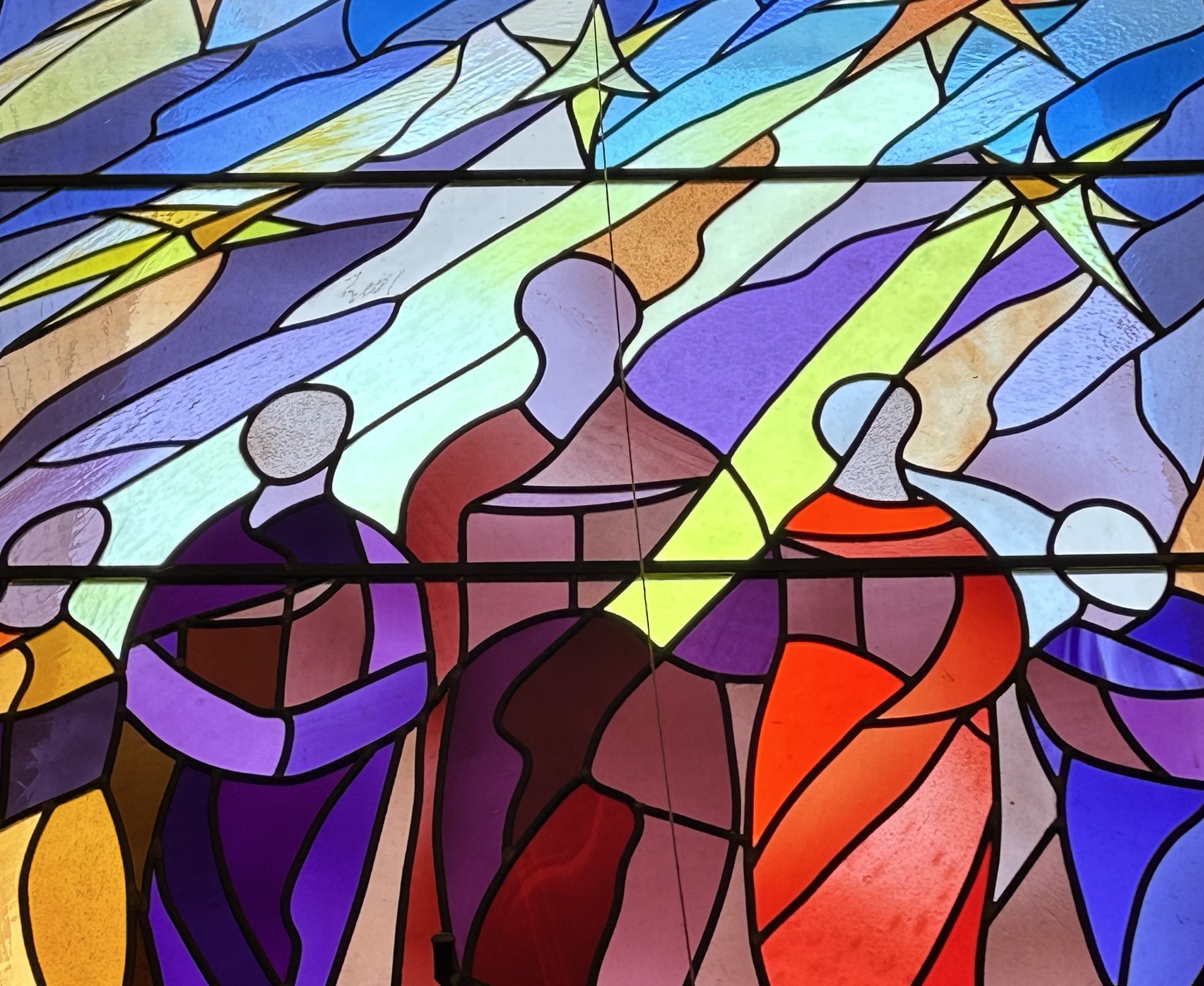
No ‘me’ without ‘us’
You may have heard a story that comes from Archbishop Tutu’s continent – a Nigerian priest I met recently reminded me of the African ethic it shows. I found this version on the website of the Synergy Holistic Health centre, Kentucky.
“An anthropologist studying the habits and customs of an African tribe found himself surrounded by children most days. So he decided to play a little game with them. He managed to get candy from the nearest town and put it all in a decorated basket at the foot of a tree.
Then he called the children and suggested they play the game. When the anthropologist said “now”, the children had to run to the tree and the first one to get there could have all the candy to him/herself.
So the children all lined up waiting for the signal. When the anthropologist said “now”, all of the children took each other by the hand and ran together towards the tree. They all arrived at the same time divided up the candy, sat down and began to happily munch away.
The anthropologist went over to them and asked why they had all run together when any one of them could have had the candy all to themselves.
The children responded: “Ubuntu. How could any one of us be happy if all the others were sad?”
Ubuntu is a philosophy of some African tribes that can be summed up as “I am what I am because of who we all are.”
In 2008, Bishop Desmond Tutu gave this explanation of “ubuntu” . . . “One of the sayings in our country is “Ubuntu”, the essence of being human. Ubuntu speaks particularly about the fact that you can’t exist as a human being in isolation. It speaks about our inter-connection. You can’t be human all by yourself, … We think of ourselves far too frequently as just individuals, separated from one another, whereas you are connected and what you do affects the whole world..”
I am not I without we; there is no me without us. Ubuntu.
We are fully human only together.
Belonging
Belonging is such a fundamental part of being whole humans. As I’ve been listening to Michelle Van Loon’s book, Becoming Sage , I’ve been reflecting on the process of living, growing, maturing. And relationship is a core element of that. The making of them, nurturing of them, and the changes and losses we experience in relationships. She dedicates a whole chapter to it.
I remember watching a younger person close to me, when she was in her 20s. She’d had a group of friends from high school that grew to embrace new friends they gathered in their University and TAFE studies. They’d been a tight knit group, going out every weekend, movies, the beach, board game nights. And then, still early, or perhaps into their mid 20s, the group started to fracture. Your brain does another recalibration, so I’ve heard, around this time of life, and externally life also is moving into significant new realms of employment, establishing home, partnering and parenting perhaps, leadership responsibilities evolving in community or work settings. You change, and sometimes that means you grow apart from the friends with whom you forged a deep belonging during earlier formational years. The grief my friend experienced as her friendship group disintegrated around her was profound and she seemed to lose for a moment a sense of who she was: To whom do I belong now?
In my 40s, which seems to bring a downsizing in friendship numbers, and a deepening of the friendships that continue. Further, after seven years living in two other cities, I’ve been experiencing that disintegration of community and belonging myself, now. The close knit cohort of PhD candidates from New College in Edinburgh, bonding through that intense experience, and now dispersed all over the world. Faith communities to which I have belonged and from which I had to leave – and properly cut ties when I have a particular embeddedness in the next community of faith as a minister. Alongside that, I have appreciated a return to the tighter weave of long established relationships home in Adelaide, which held me over the distance of time and geography, though some strands have fallen away, some I intentionally removed. Relationships and belonging are not straight forward …
Some of you, I know have experienced another of these intense seasons of life that changes our sense of mutual belonging – retirement. I remember hearing from someone who, years later, was still yearning for the depth and breadth of conversation enjoyed in the lunch room with colleagues – lamenting the loss of this, and the inability to find it again even in his faith community, and the rich belonging that comes through such sharing of yourselves deeply, daily. I wonder if you have found your faith community, or other communities, to provide the belonging you may have lost on retirement, the belonging with people committed to a shared goal, sharing experiences, challenges, successes, life?
We are fully human, only together.
Reconciling, restoring
Paul’s letter to Rome reminds us of the reconciling love of God in which we participate, when we choose this Way of Life. When we choose to accept the restoration into the fulness of life offered in God through Christ, Paul tells us, we are also choosing to be transformed into a reconciling way of being – reconciling one to another.
Of course it’s not as simple in the living as it is to say, as I’ve noted just from the different seasons that bring intense change to relationships of mutual belonging and embrace. Because an embrace is both comforting and challenging, if we’re honest.
I heard in the code of ethics session recently the notion of our congregations holding the potential for intimacy in relationship – not sexual intimacy, to which ‘intimate’ has been limited somewhat in its use. But the kind of intimacy that is embrace – there’s a Welsh word I came across this week – Cwtch– kudj – though of course, it’s spelled c w t c h, being Welsh.
the Facebook post said this: ‘more than a cuddle or a hug, when you give someone a cwtch, you figuratively give them a “safe place”’
But to open yourself to give and to receive such an embrace, to be safe, paradoxically, you must make yourself vulnerable. Vulnerable to the unsettling that comes when our differences feel uncomfortable up close together – and then it can be hard to stay close.
So difficult that some times, to embrace someone, to give them a safe place, is actually to let them go into someone else’s cwtch – to set them free to find belonging somewhere else. Sometimes, in order to offer embrace and safety to ourselves, we need to find belonging somewhere else. Sometimes, because life’s seasons end from time to time, we lose the people with whom we were embraced, with whom we belonged – and need to find belonging somewhere else. These seasons can be challenging. We’ve all experienced them.
For one reason or another, we have left a job, a group, a congregation, and found ourselves somewhere else to belong. There’s a discomfort in difference that, the way agitants inside a shell will produce a pearl, lead us into fuller being and thriving – and there is discomfort that does not lead to treasure, wellbeing, life.
In the passage we heard today, Paul also talks about enemies, and I’ve been reflecting on the choice we have when we see each other as different. We can choose to live with our differences from a posture of embrace – a Welsh cwtch – African Ubuntu – that seeks to hold each other safe and ourselves whole together – or we can let our differences become divisions that turn you into my enemy.
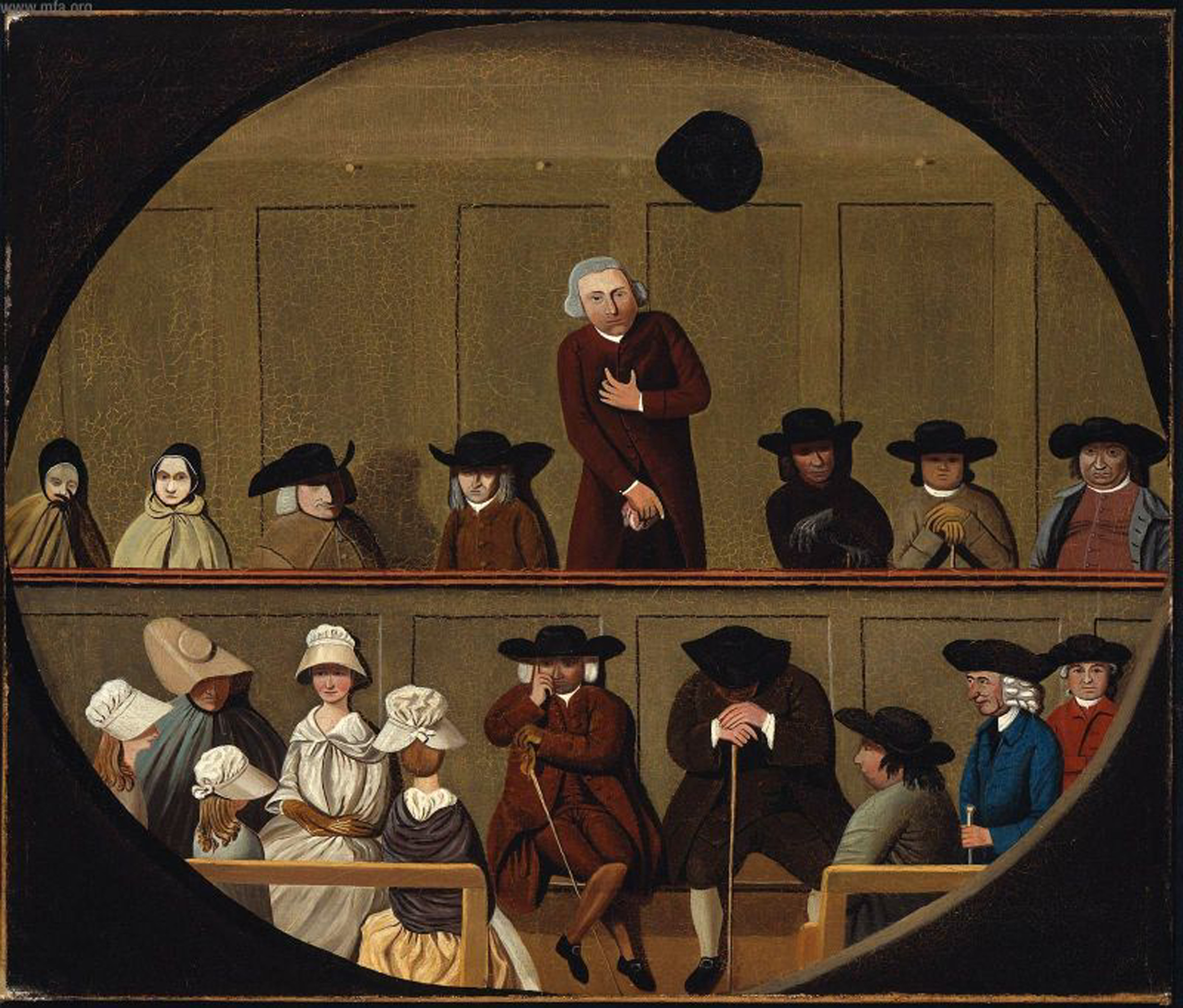
‘Quaker Meeting’. British, 19th Century. From Vanderbilt Library.
A community of mutual embrace
When we say we are a community of mutual embrace, it is to say we choose to nurture trust, intimacy, presence – we choose to offer safety in which we can continue to be vulnerable in order to hold each other close, in belonging, in wholeness together. We choose to commit to the discomfort in difference that produces pearls. We choose ubuntu – to see that there is no I without we, no you without me. We choose not to make enemies of each other.
That takes wisdom, courage, and commitment; and it takes love – which is where we will go in our journey with Paul next week.
Today we embody our wholeness together in a particular way, for that is how we are invited to the Table. Communion is together with – is mutual embrace, with God and each other through the cwtch, the welcome into belonging, of Christ.

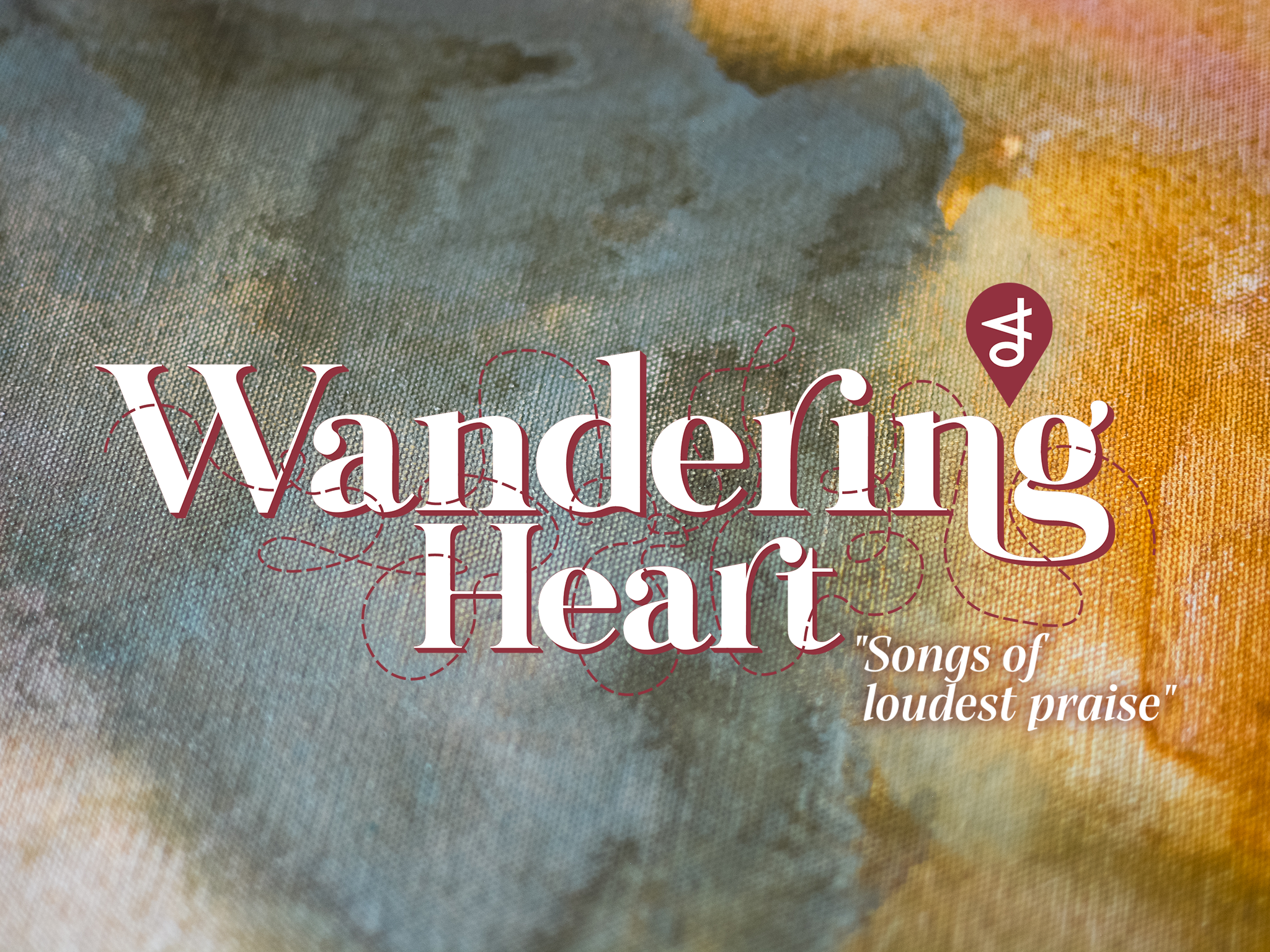
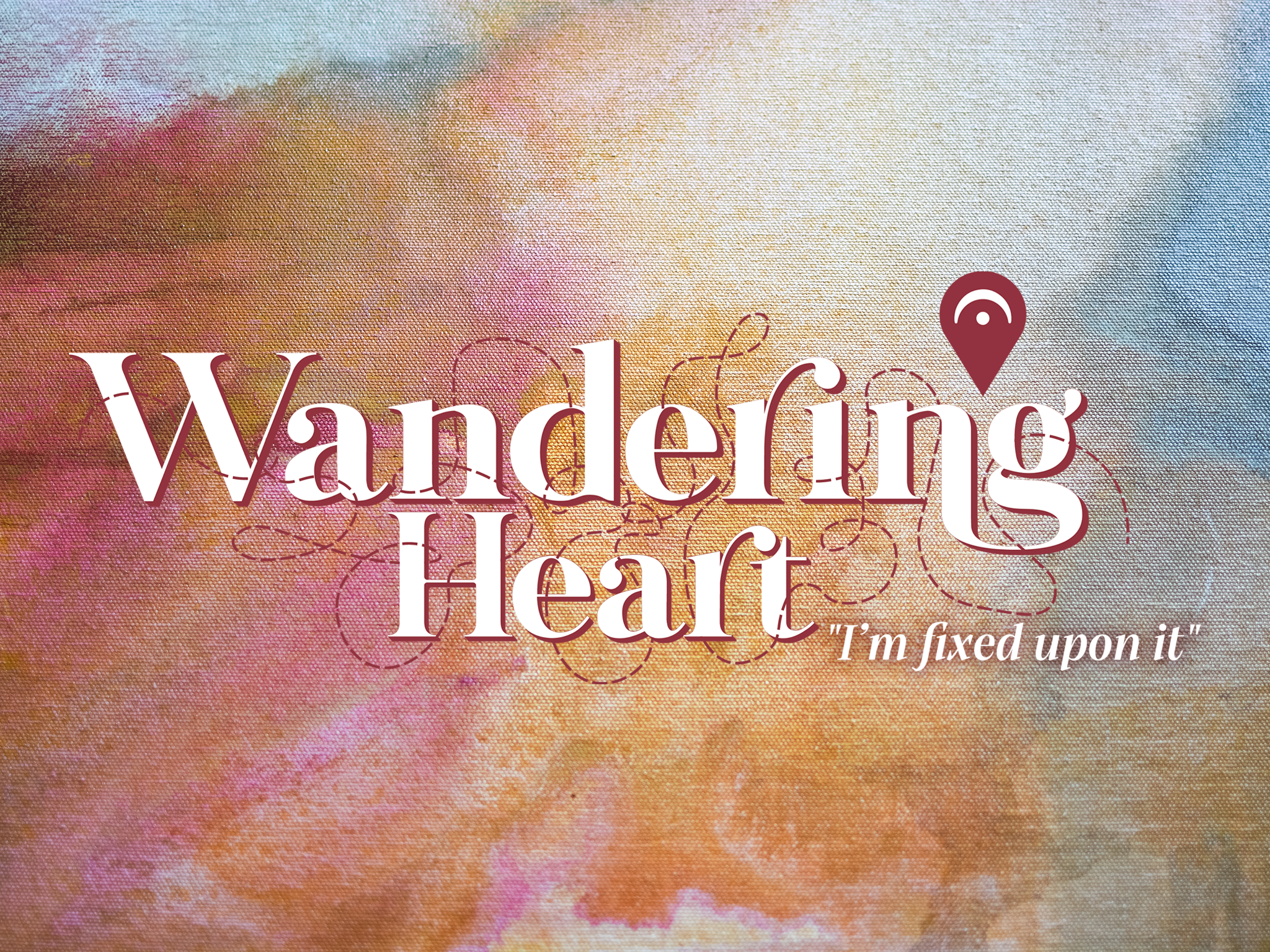
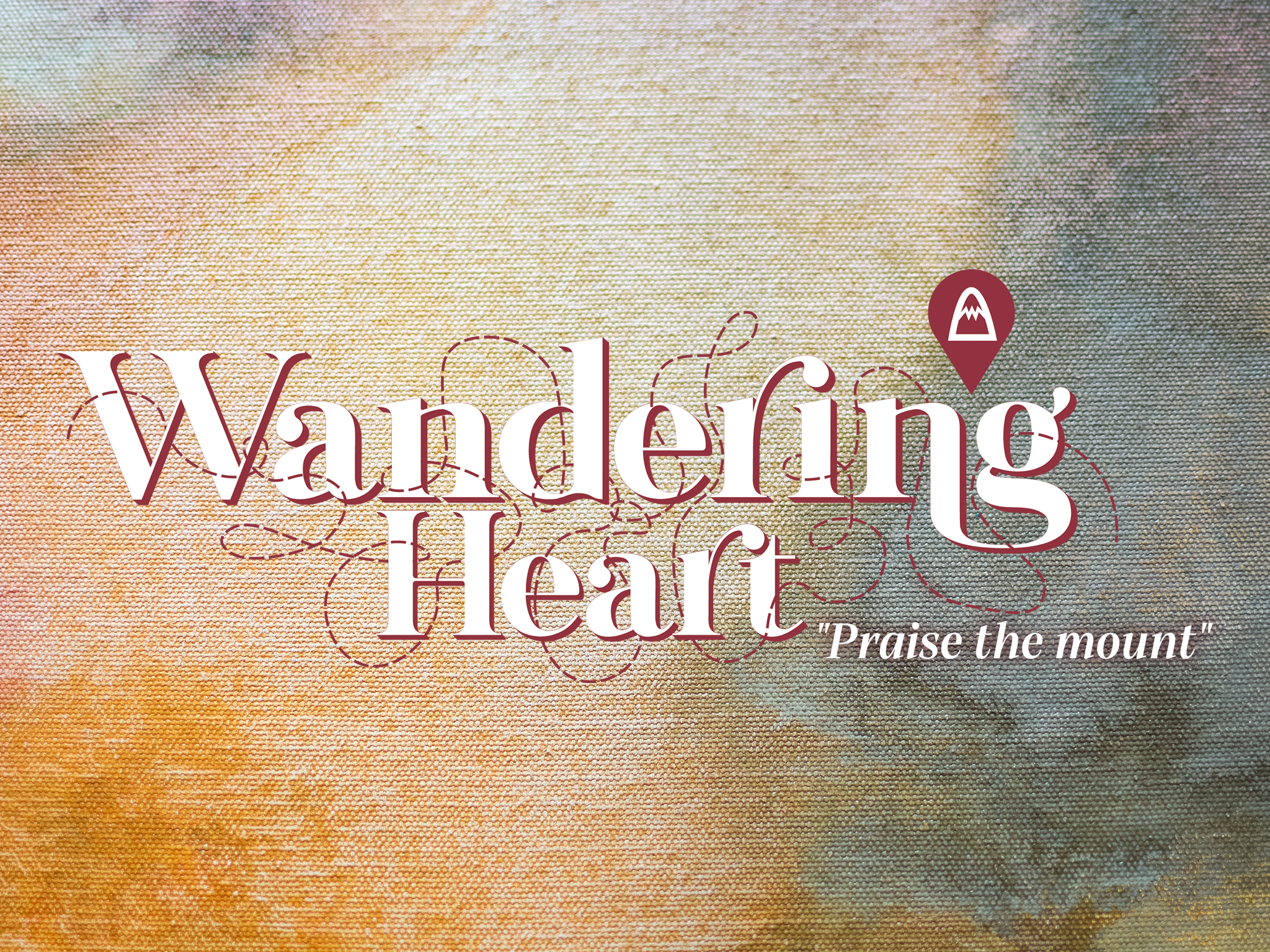
Leave A Comment